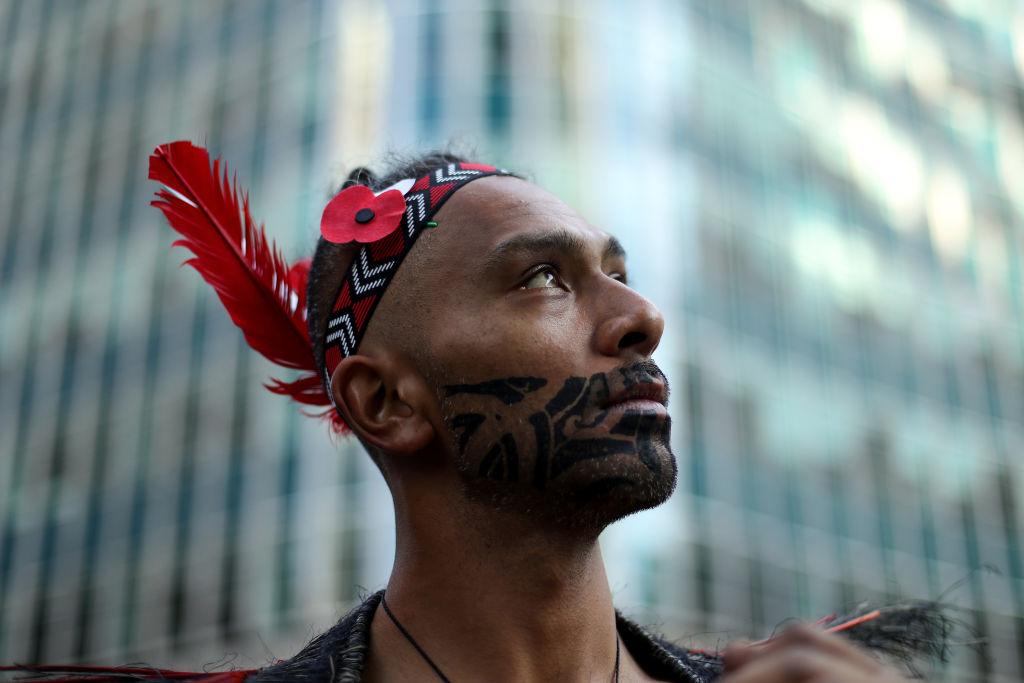Amidst growing unrest among Māori over what they see as divisive government policies and a possible attempt to rewrite the Treaty of Waitangi, Prime Minister Christopher Luxon and Deputy Prime Minister Winston Peters, along with a government delegation, have been welcomed to Rātana Pā (Rātana community) for the second major gathering of Māori leadership in a week.
Rātana is considered by some to be the start of the political year, and celebrates the Rātana Church’s late founder, Tahupōtiki Wiremu Rātana.
The Rātana movement is a church and pan-iwi (all iwi/tribes) political movement founded in 1925. It has historical links to the Labour Party after its founding prophet allied with former Prime Minister Michael Joseph Savage in 1936.
Politicians from all parties are invited to speak on Māori issues, while Māori from across the country reply with their views.





